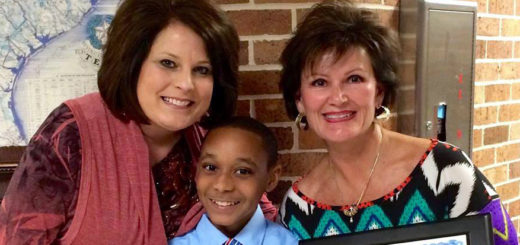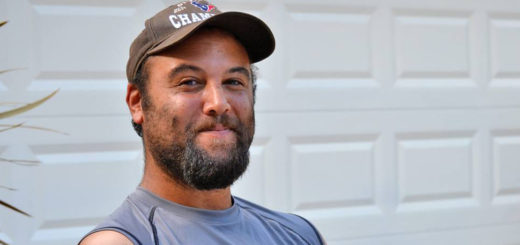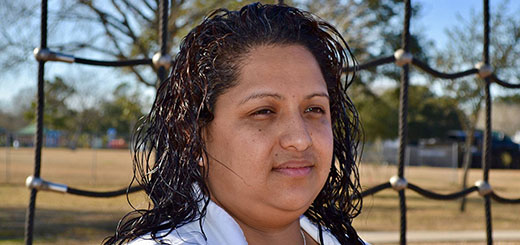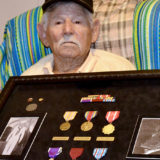Teacher’s ‘calling’ extends to incarcerated youth
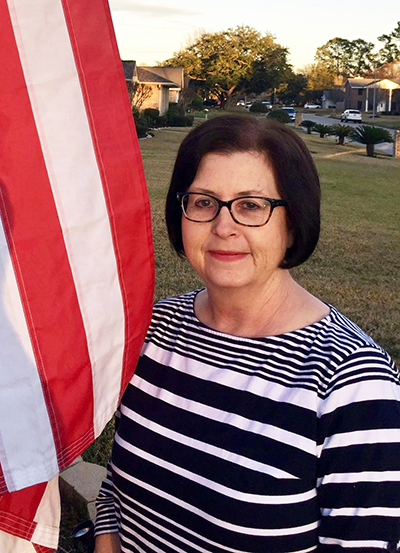
“I volunteered to do some teaching in a juvenile detention center in Hemphill County one summer. That was a real eye-opener, going behind locked doors to work with those kids. The youngest was 11 or 12 and the oldest was 17. They were in there for everything from petty theft to attempted murder to murder. I was mainly teaching things like math, reading and writing in classrooms, where the kids were placed by level of ability. When I was in solitary confinement with a couple kids, that was different. It was just me and the guard. They would let one kid at a time out of the cells. I would work with him at a table until the lesson was over, then they would let the next one come in.
“The kids would bring letters that they received from home, and some of them would just sit there and cry. They would tell me what they had done wrong. Some felt remorse and some did not. When there was a stabbing involved, some of them felt no remorse. They believed that the person deserved it. We’d try to talk about it, like, ‘Why do you think that?’ It was just really sad. Some of them had lived on the streets. Some had no structure at home. But overall, they were very respectful. It was, ‘Yes, mam. No, mam.’ Because if they didn’t, they knew there were consequences to their behavior. Sometimes they would have to dig a 6-foot-square ditch and then fill it back up. So for the most part, they were very well mannered.
“Really, they were just kids who needed someone to help them. They needed compassion and understanding. When I teach, I don’t see economic differences. I don’t see rich or poor. I don’t see black, white, Hispanic, Asian. I just see a kid who has a need to learn and wants to learn. Some kids just need that attention in different ways. I’ve always felt like teaching was a calling for me. Working at that detention center was one of those things that life throws out there for you and you think, yeah, I’d better take this opportunity. I never regretted it.”
— Nova Stippel

